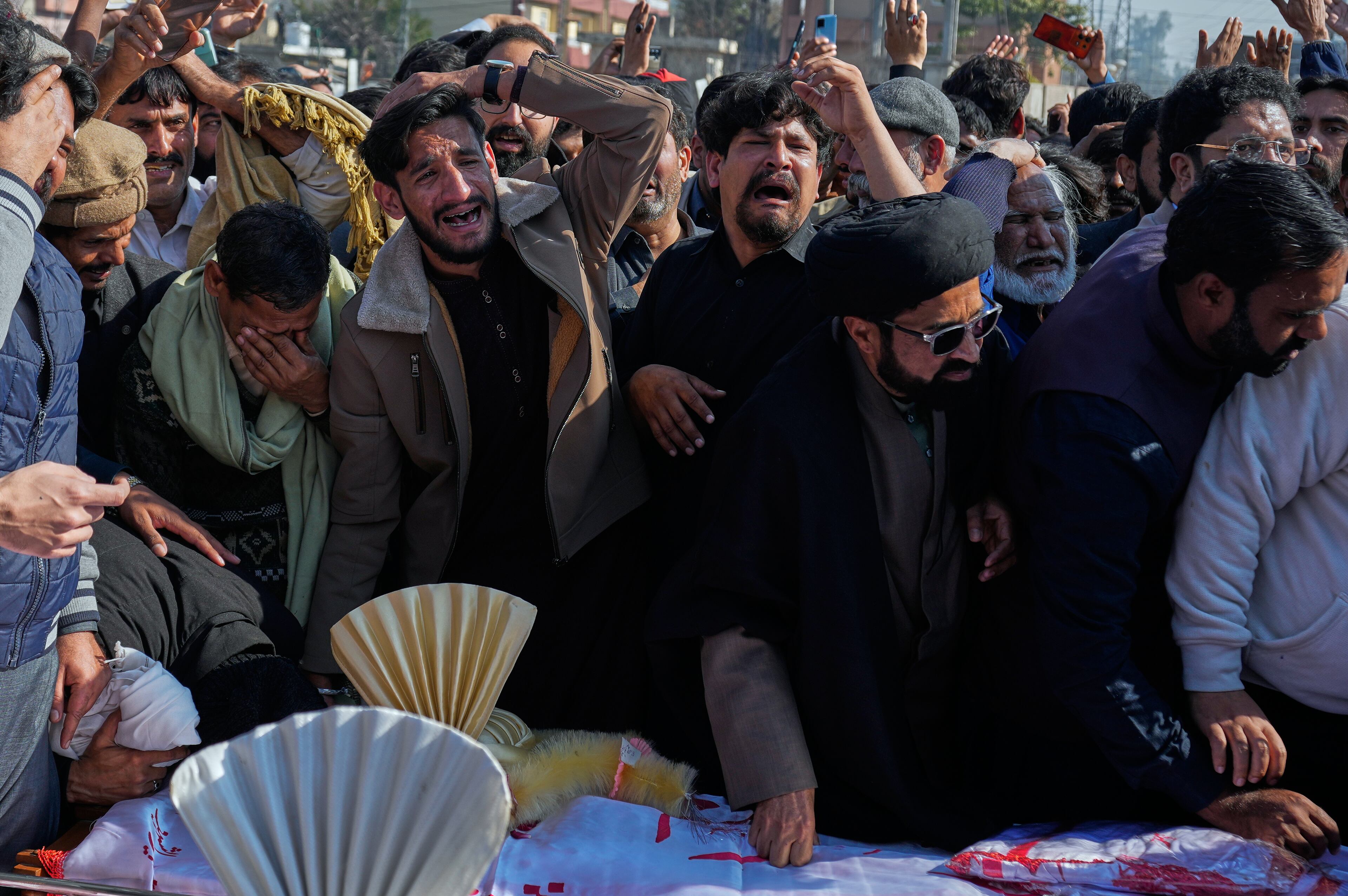Atlantans react to Zimmerman verdict
Atlantans reacted strongly to the Florida verdict clearing George Zimmerman — but from opposite sides.
Reached in Birmingham, where her husband, civil rights icon Joseph Lowery, was speaking late Saturday, Evelyn Lowery was floored by the decision, although she said they have seen similar verdicts more times than they can count.
“I am just stunned. We both are,” said Lowery, president of SCLC/WOMEN. “I am very sad about the verdict and I am trying to just understand why.”
Jerry Henry, executive director of the gun rights group Georgia Carry, said the system worked.
“Only the people in the court and the six jurors heard the evidence, and they made their vote accordingly,” Henry said. “If they’d have voted the other way, the system would have still worked.”
Atlanta Mayor Kasim Reed issued a statement saying: “The genuine tragedy of the Trayvon Martin case is that a mother and father lost their son senselessly. I find it troubling that a 17-year-old cannot walk to a corner store for candy without putting his life in danger. I find it more troubling that a citizen could not see a young African-American youth without immediately concluding that he was up to no good.
“While I disagree with the jury’s verdict, we must respect it. This case reminds me why my number one priority as mayor is public safety. I work every day to create a safer city where our sworn police officers are trained and equipped to effectively uphold the law, so that our residents feel secure in their neighborhoods and our diverse communities respect each other. The death of Trayvon Martin shows that we must all work harder to shed the dangerous stereotypes that can have devastating consequences for individuals, families and our society.”
The case has been watched keenly by people on all sides of the issue, those who see it as a case of racial injustice, and those who see it as a simple case of self-defense gone awry.
“I don’t know why this particular case reached any more furor than any of the other shootings, mob justice, or whatever else might go on,” Henry said. “In my opinion the local authorities were right when they declined to bring him to trial on the stand your ground law. It’s over. Unfortunately. You’ve got one young man who’s lost his life. And you’ve got one young man whose life is ruined because he took someone’s life.”
Susan Brinkley, 58, is a freelance writer who lives in the Peoplestown neighborhood of Atlanta and is no stranger to neighborhood crime. Like residents of Sanford, Fla., she suffered a break-in. But that is irrelevant, she said. Martin was not committing a crime, and Zimmerman was supposed to be protecting Martin’s family.
“I feel very sad,” Brinkley said. “But you know, it’s a white sad. I can’t even imagine how black sad must feel right now. There’s no justice for this kid.”
Going forward, Brinkley said she doesn’t know what the answer is. But she said one thing is clear to her: “There are too many guns out there and, personally, I’m nearly as afraid of the wannabe good guys who are walking around armed as I am of the deliberate criminals. I think it’s fairly clear if he hadn’t had a gun he wouldn’t have gotten out of his car and he wouldn’t have followed that young man.”
Jerry Strange, a white telecommunications technician who lives in Newnan and owns multiple firearms, said that’s not necessarily true. Zimmerman might have gotten out of his car anyway and been beaten to death, he said.
“I believe anybody that takes the initiative to be a watchman for the community or preserve the well being of the community they live in does so whether they have a firearm or not,” he said.
Henry said he understands others who feel differently might take to protests, though he disagrees with that notion since the court system did its job.
“This is one inflamed case and we’re going to have to live through it,” he said.
More Stories
The Latest



